Huawei, the Chinese tech giant, is said to have secretly purchased about 2 million Ascend 910 AI chips from TSMC through front companies last year, despite a US export ban.
This information was revealed in a report from the Center for Strategic and International Studies (CSIS), combined with findings from TechInsights, causing TSMC to halt shipments and launch an internal investigation.
According to the CSIS report, Huawei has been evading trade restrictions by using intermediaries to order chips from TSMC.
Specifically, TSMC is said to have manufactured more than 2 million Ascend 910B logic chips for these shell companies and shipped them to China, violating US export control regulations.
The chips are enough to make about 1 million Ascend 910Cs, an upgraded version of Huawei’s AI chip line. However, the report also questions whether Huawei has enough HBM (High Bandwidth Memory) to integrate with these chips, although it is likely that the company legally stockpiled HBM before the US’s extended ban took effect in December 2024.
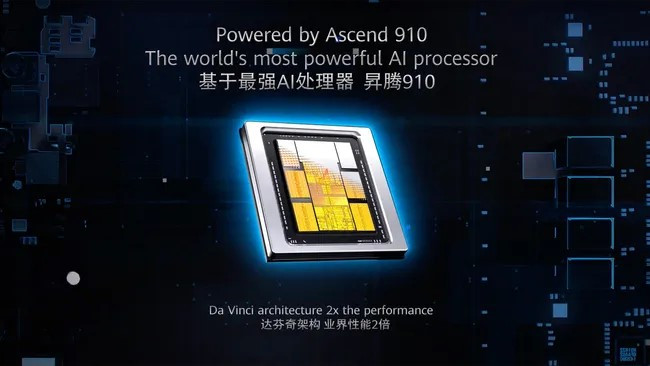
TechInsights and TSMC uncovered the scheme, leading to TSMC ceasing shipments to Huawei's shell companies.
However, it is still unclear how many chips TSMC had supplied before the incident was exposed.
The Ascend 910 series was originally introduced by Huawei in 2019, using Virtuvian chiplets manufactured by TSMC on the N7+ process (7nm with several EUV layers).
After Huawei was placed on the US Entity List in 2020, the company is no longer allowed to cooperate directly with TSMC.
Huawei then turned to SMIC – China's largest chipmaker – to manufacture the Ascend 910B and Ascend 910C on domestic 7nm processes (N+1 and N+2).
However, the report found that TSMC still unwittingly produced the original Ascend 910 chips for Huawei through shell companies in 2023-2024.
Insufficient performance to meet LLM training needs
The Ascend 910B and 910C are not only facing legal issues, but also manufacturing difficulties. The CSIS report points out that the yield rate of these chips is not high, with many units having some features disabled.
The advanced packaging process for integrating the chip and HBM is also problematic, with only about 75% of Ascend 910C chips passing this stage.
Still, Huawei continues to buy millions of chips for internal AI projects and to sell to external customers. DeepSeek, a Huawei customer, claims the Ascend 910C achieves 60% of the performance of the Nvidia H100—good enough for inference tasks but probably not enough to train large language models.
The case illustrates the huge challenge of enforcing technology export bans, especially when companies like Huawei seek to circumvent them through hoarding and intermediary strategies.
With the US tightening restrictions on China, including the HBM ban by the end of 2024, Huawei will likely have to rely more on SMIC and domestic solutions, even though their technology is still not on par with TSMC.
Amid rising geopolitical tensions, the incident also raises questions about China's ability to become technologically self-sufficient in the near future.
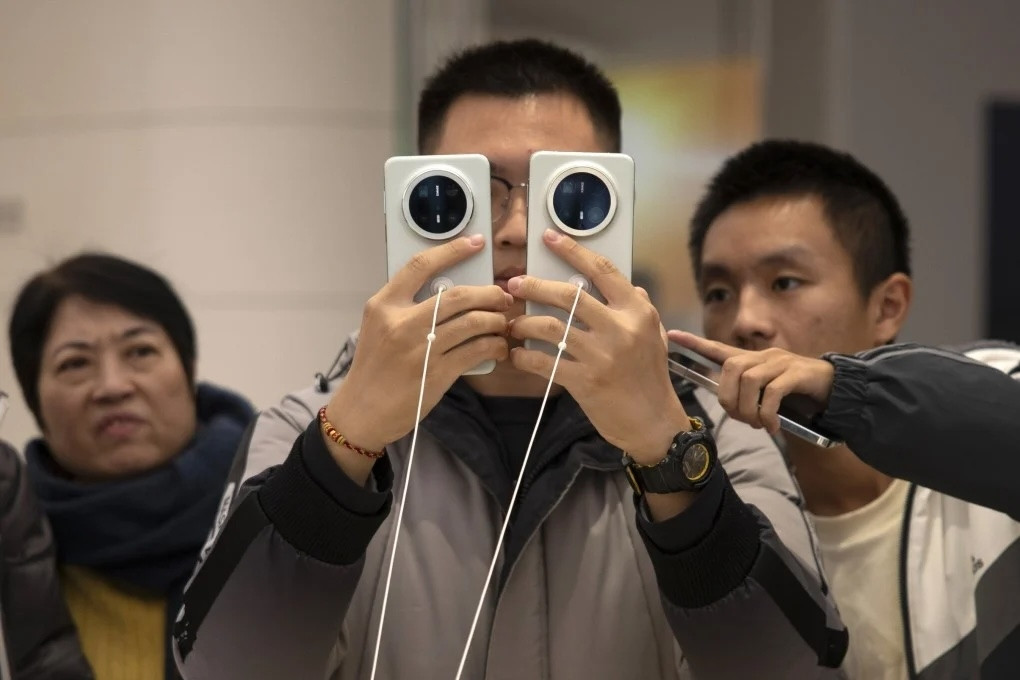
Source: https://vietnamnet.vn/ong-lon-cong-nghe-trung-quoc-dung-cong-ty-binh-phong-de-mua-chip-ai-tu-tsmc-2379407.html


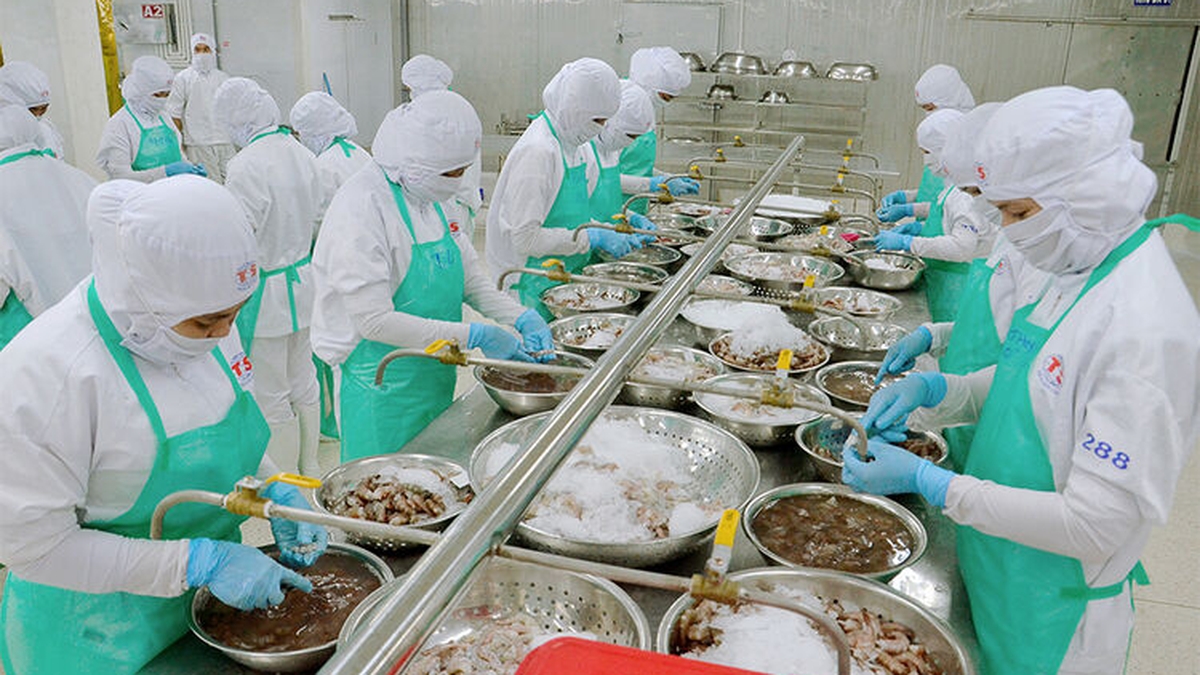

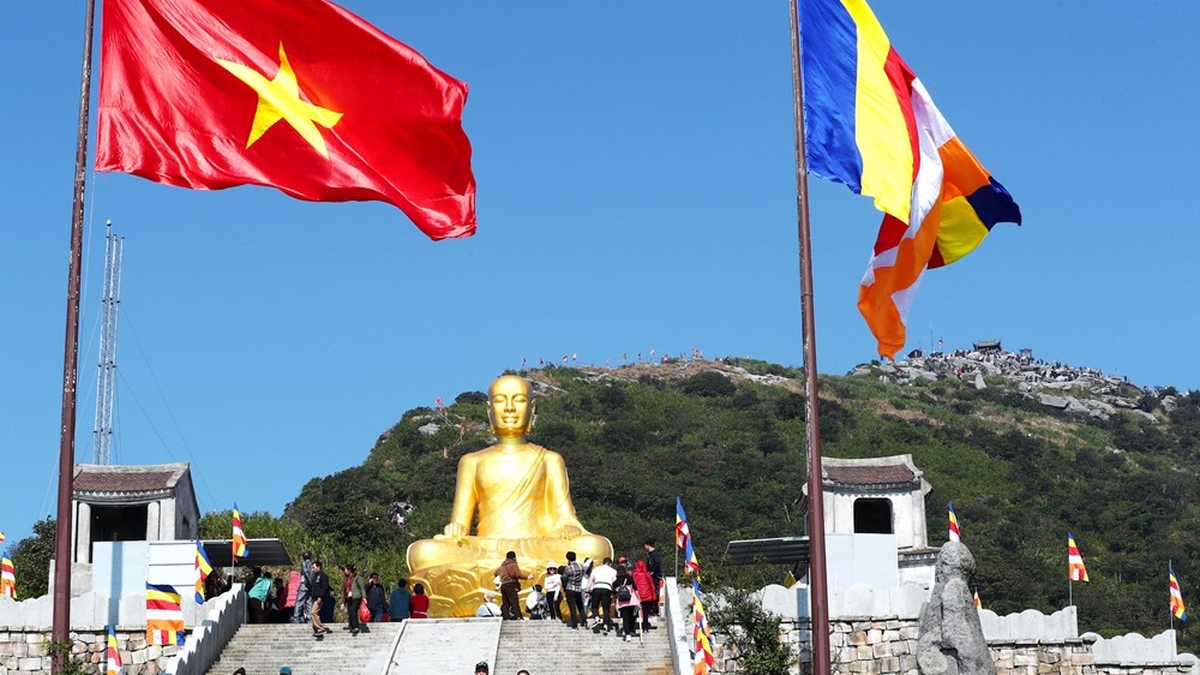
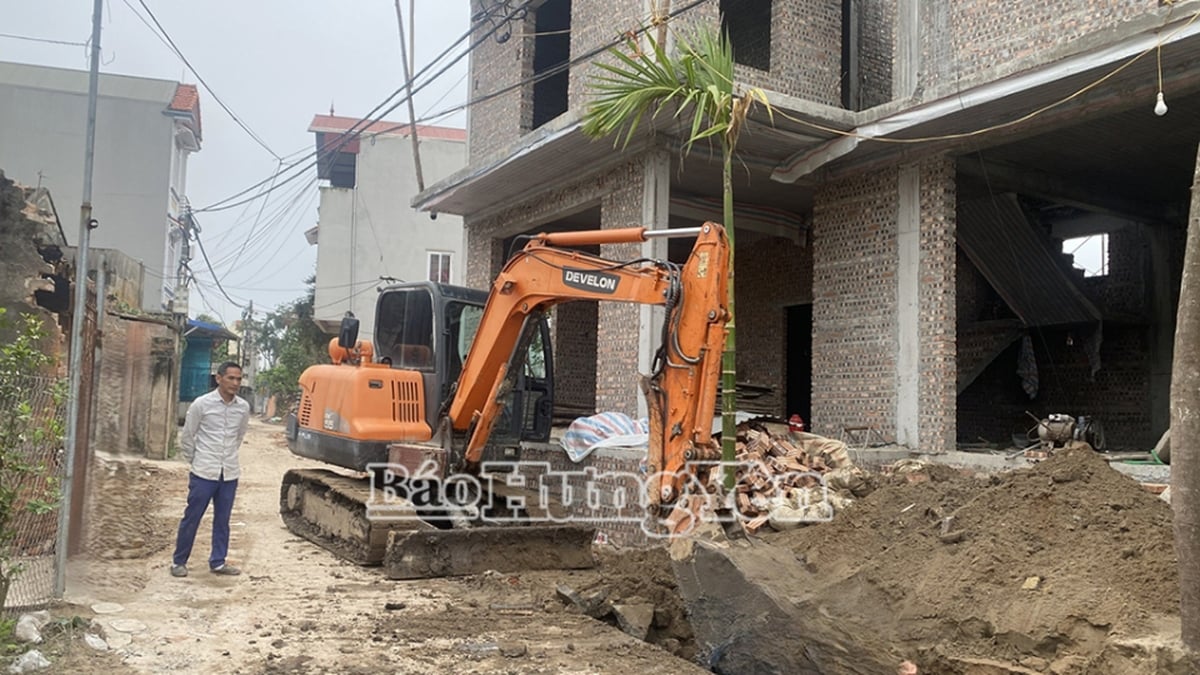


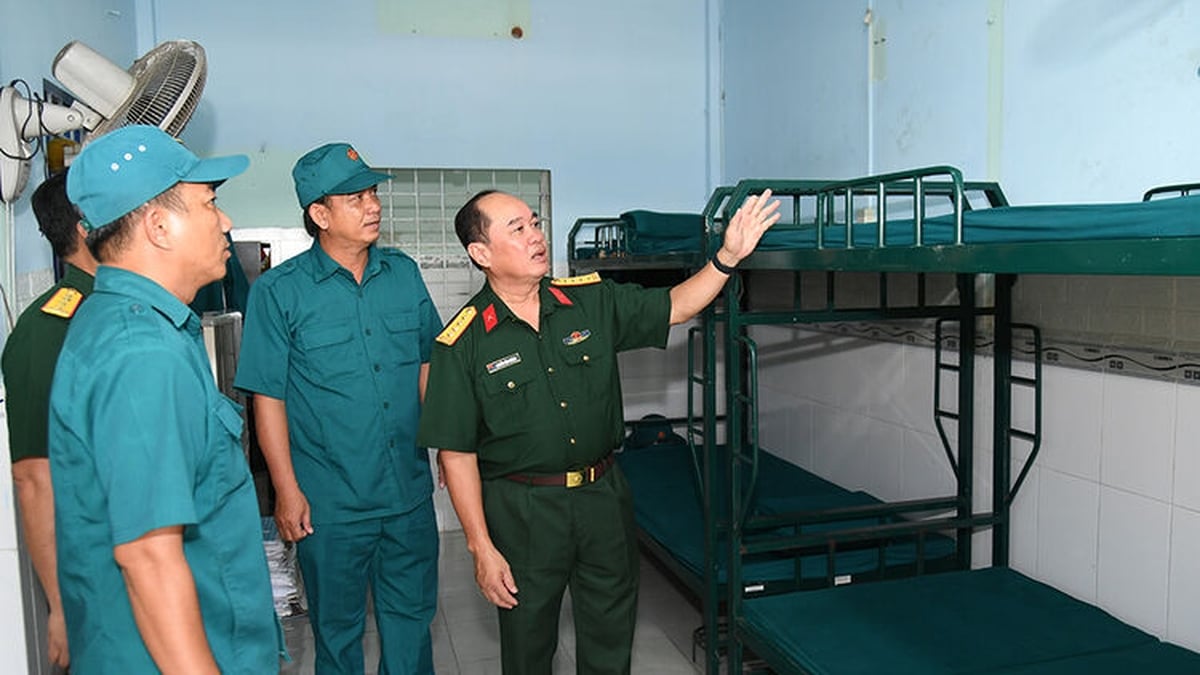


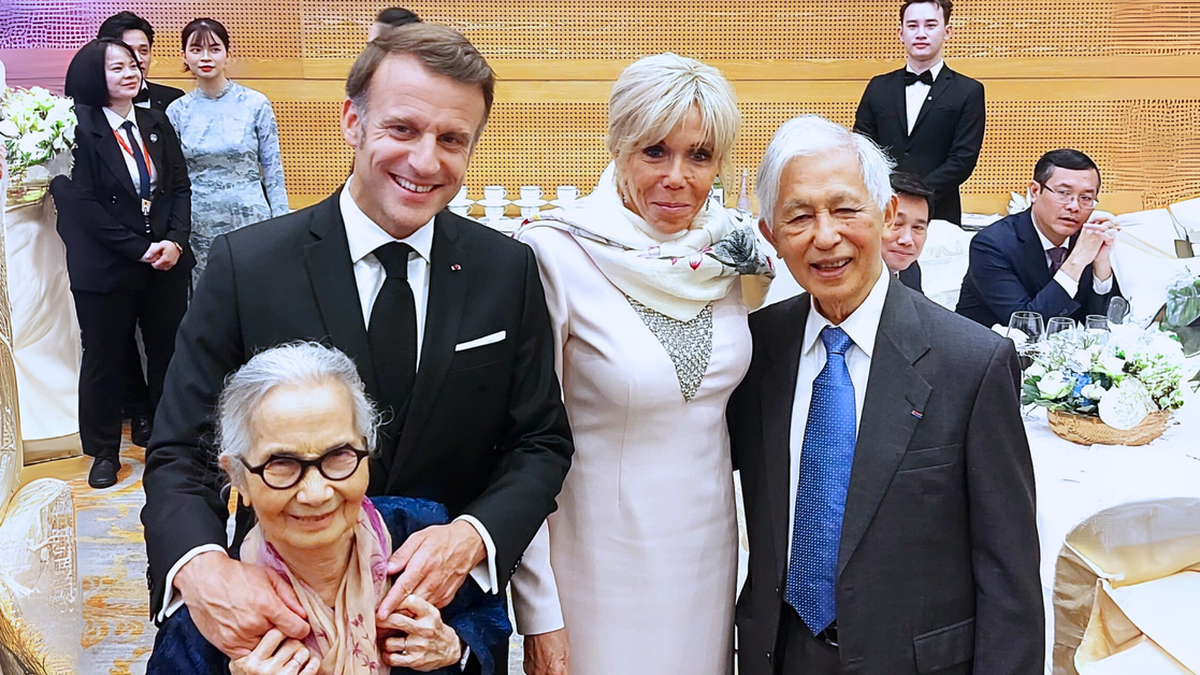








































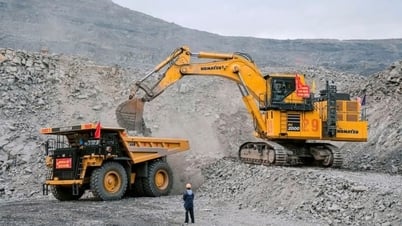
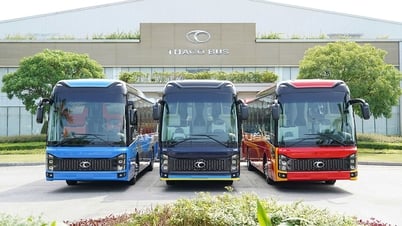


![[Maritime News] Treasury Department Targets Diverse Networks Facilitating Iran's Oil Trade](https://vphoto.vietnam.vn/thumb/402x226/vietnam/resource/IMAGE/2025/7/14/43150a0498234eeb8b127905d27f00b6)





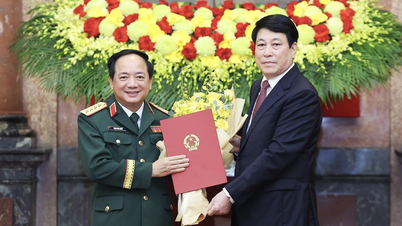


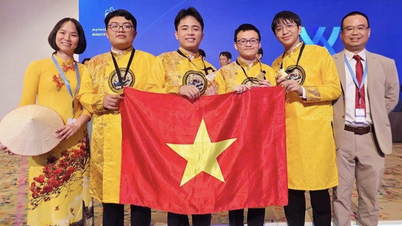



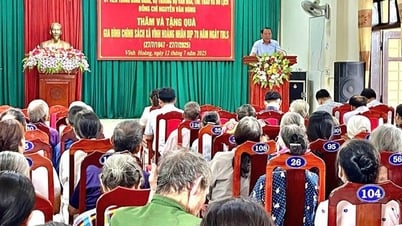
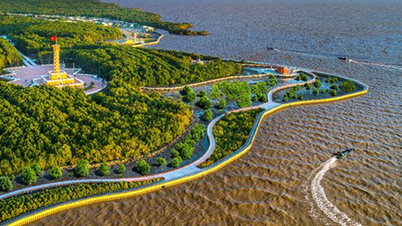
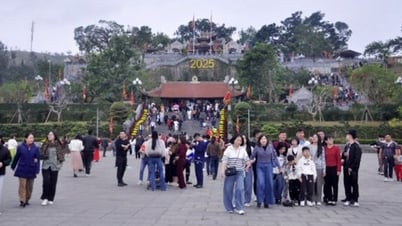


























Comment (0)